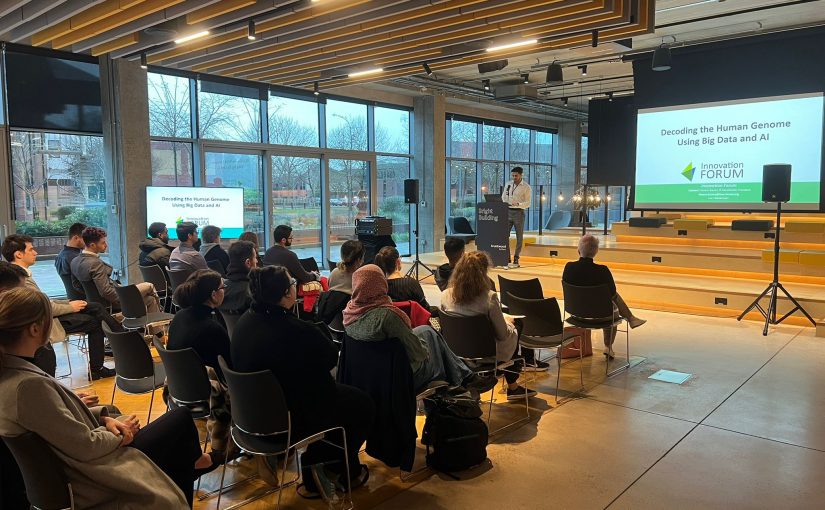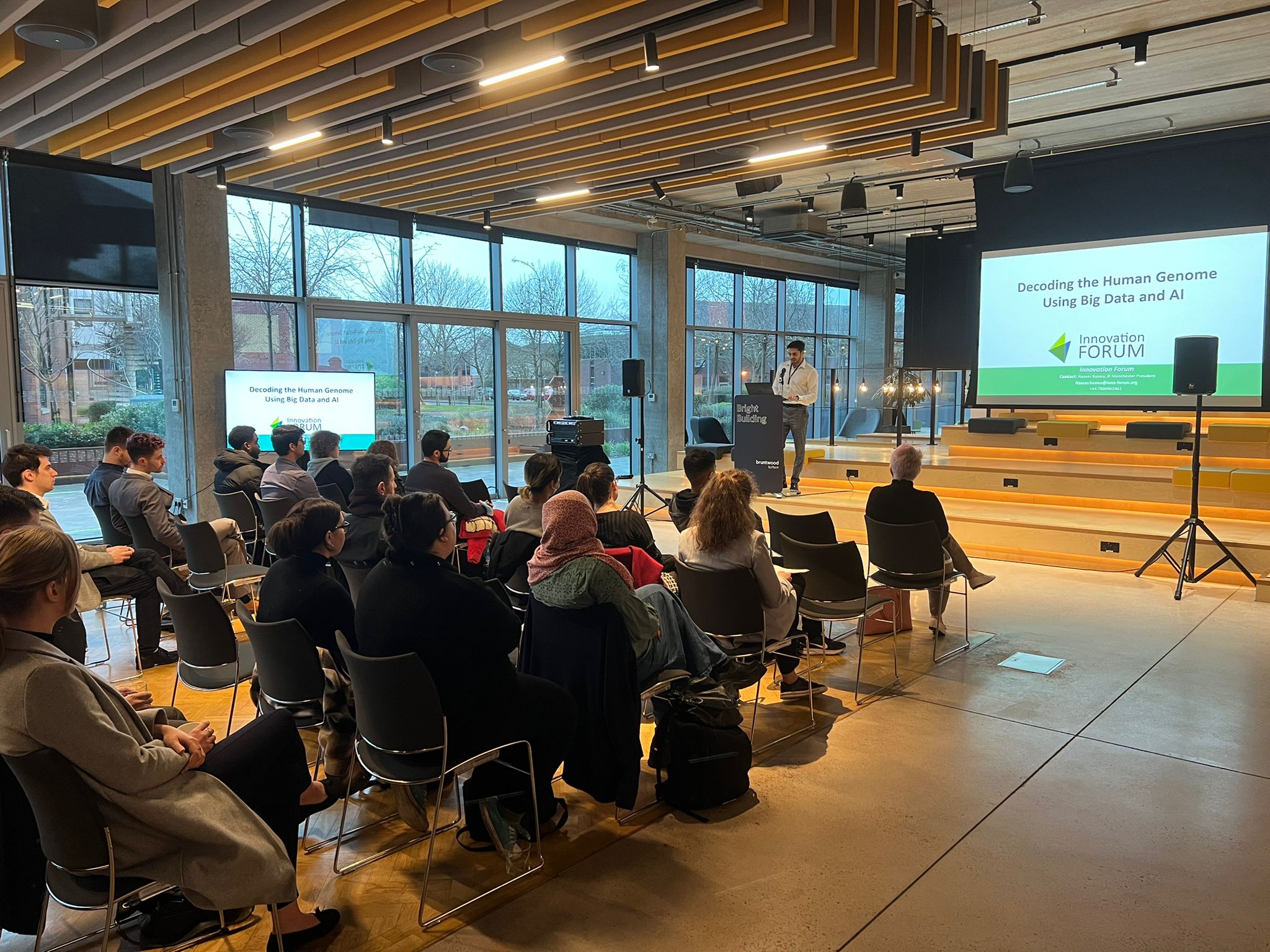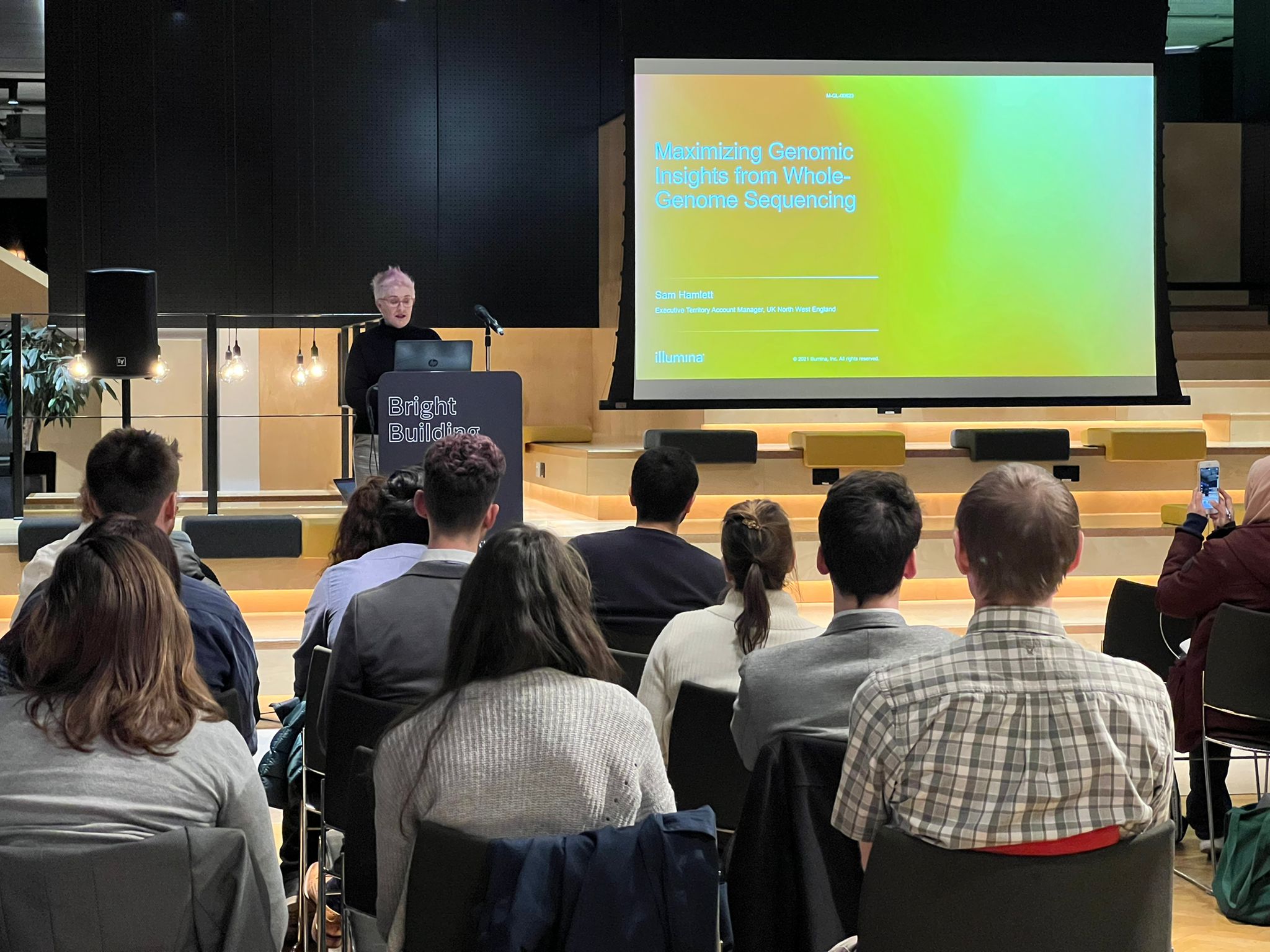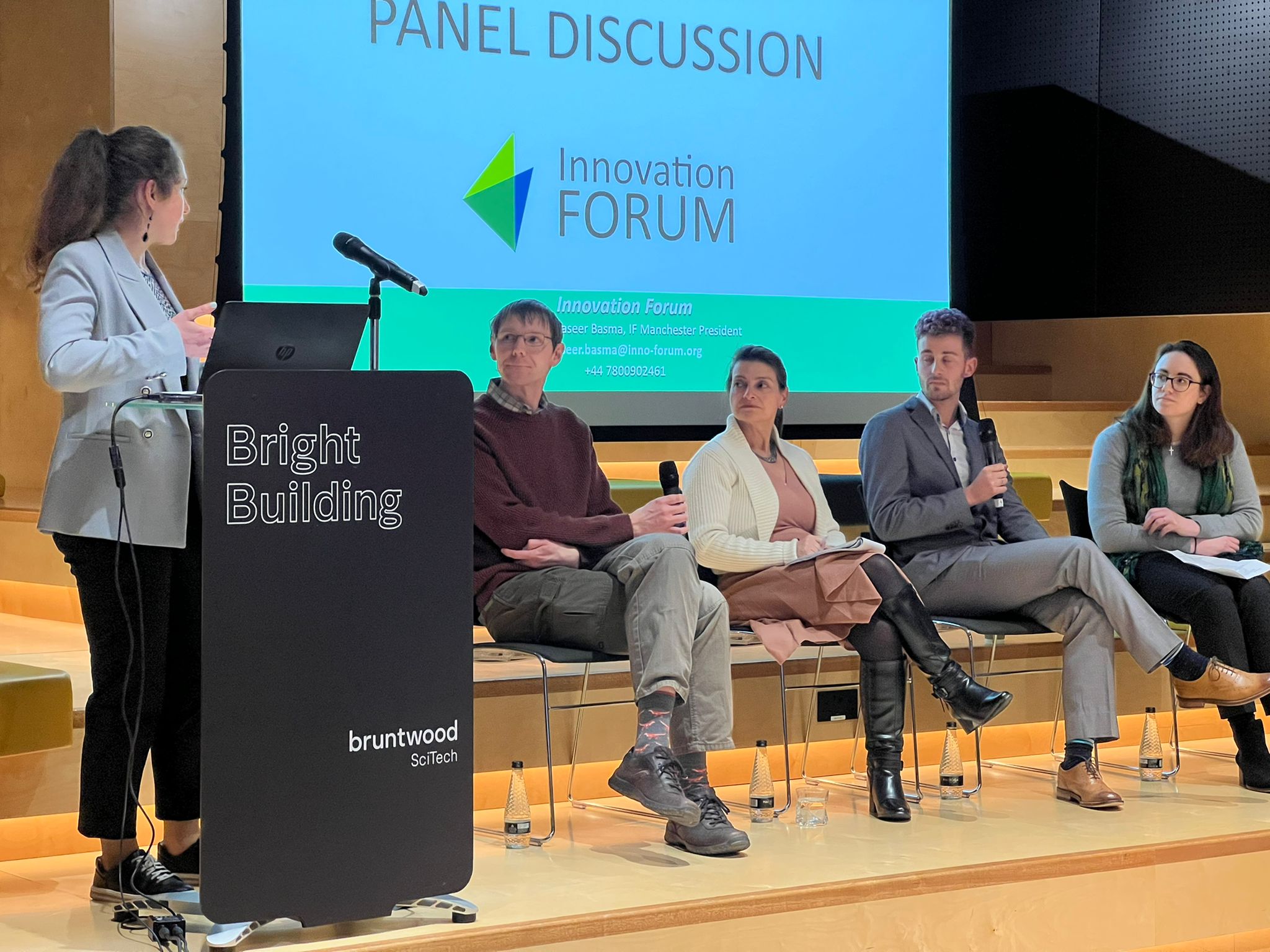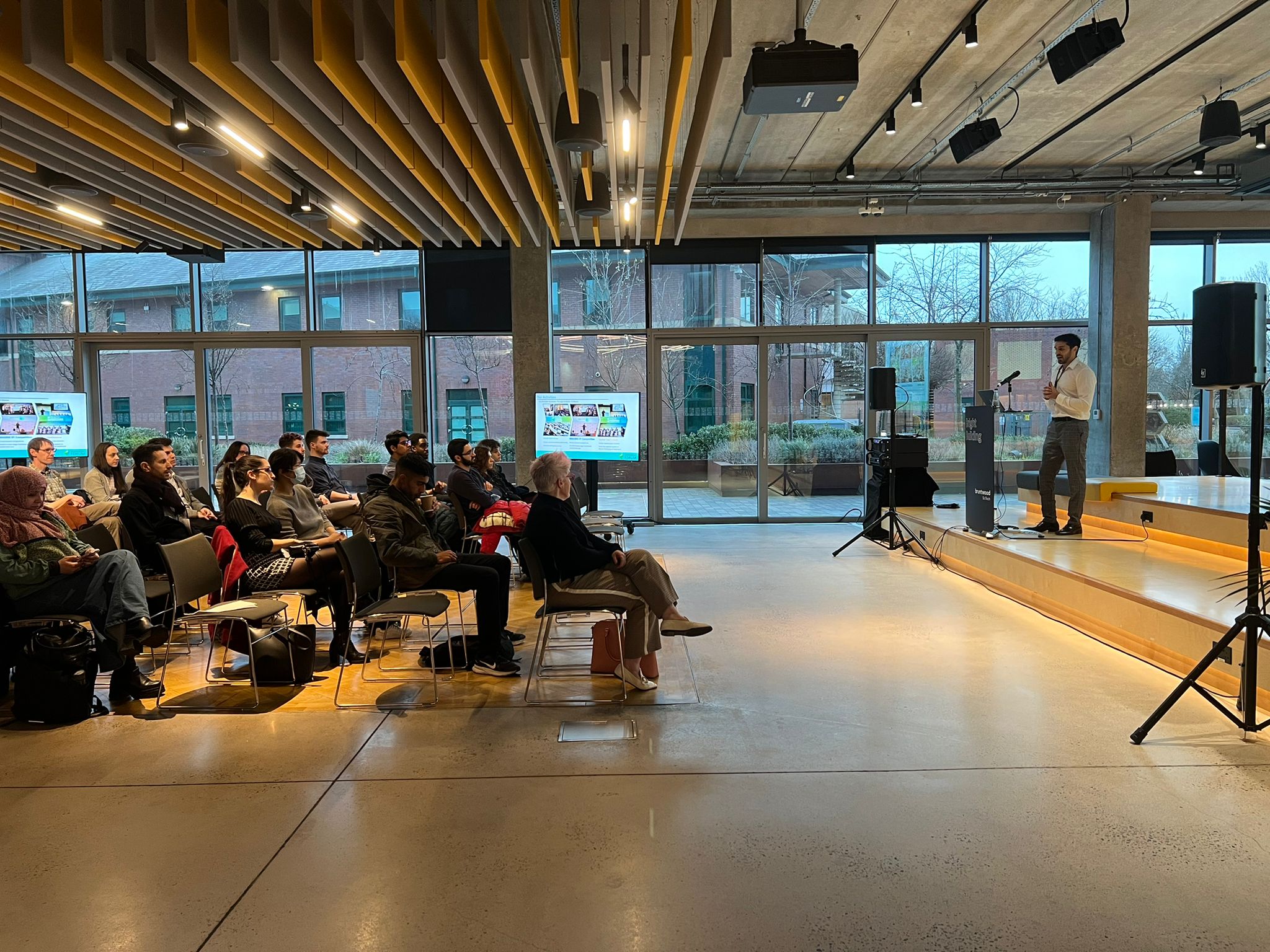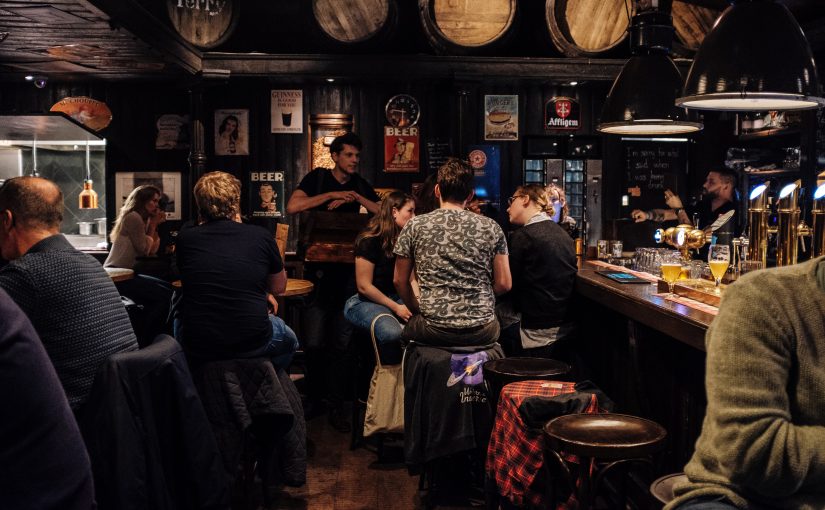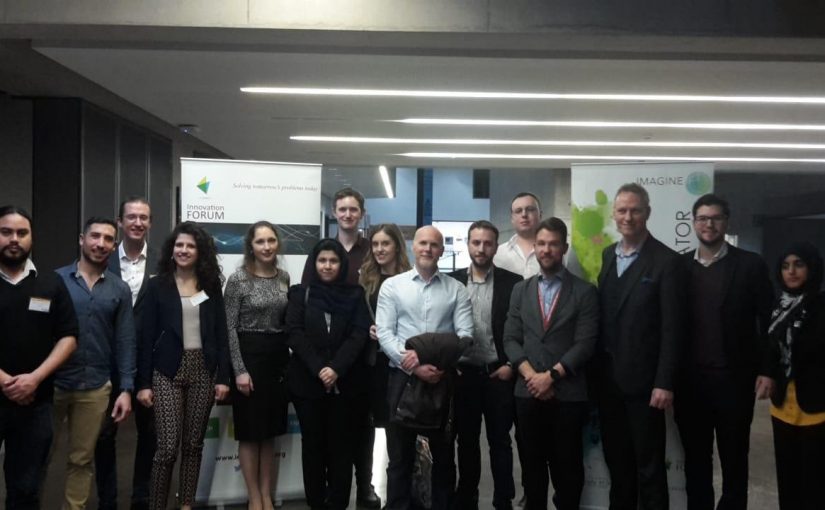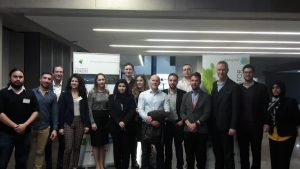Sustainability has become a topic of increasing interest in today’s world. Day-to-day human activities have always involved using resources from nature, but it is commonplace that the resources used are finite and/or non-biodegradable. Indeed, the planet is still a lot larger than the scale of human activities have reached today, but with the persistent and uncontrolled usage of such high-risk resources over the centuries, their harmful effects have become even more prominent.
A well-known environmental crisis you most likely have heard of is global warming. Fossil fuel burning has long been increasing the levels of carbon dioxide – a greenhouse gas that traps heat – in the atmosphere [1], which has gradually raised its temperature. Warmer atmospheric temperatures have subsequently warmed the oceans, melted glaciers and ice caps, and worsened weather conditions, leading to rising sea levels, intensified heat waves and droughts, and an increased frequency of destructive storms [2]. This has culminated in the destruction of animal habitats, bleaching of coral reefs, and irreparable damage to people’s livelihoods and communities.
Other human activities affect the global population just as significantly. For example, the food production industry releases greenhouse gases like methane which account for 35% of global emissions, with animal agriculture representing 57% of these emissions [3]. Cattle farming has been found to be responsible for the destruction of 80% of Amazon forests and 3.4% of global greenhouse gas emissions. The use of non-biodegradable plastics is also popularly known to fill oceans and kill wildlife through the ingestion of microplastics that wound them, and impair their feeding capacity, breeding capacity and ability to avoid predators. Microplastics are formed from the breakdown of these non-biodegradable plastics, and an average of 68% of 337 fishes sampled from the Mediterranean Sea were found to carry a notably large amount of microplastics [4].
The frequency and magnitude of the effects of global warming are expected to increase without immediate collective intervention. The United Nations, therefore, launched the Sustainable Development Goals (SDG) agenda in 2015 to address ongoing worldwide issues including the aforementioned sustainability problems. As a result, many big companies today across a wide variety of sectors are responding to the government’s call to achieve these goals. For example, The Coca-Cola Company has reported their investment in the development of 100% plant-based biodegradable plastic bottles [5].
The concerns for sustainability bring in demands for technological innovation in a wide variety of areas. Innovation in biotechnology, in particular, is bound to play a big role in this sustainability movement.
How can biotechnology help sustainability?
Biotechnology is a powerful scientific field that can help the world become more sustainable by harnessing nature’s intelligence perfected in millions of years of evolution [6]. According to the Merriam-Webster dictionary, biotechnology is defined as ‘the manipulation (as through genetic engineering) of living organisms or their components to produce useful, usually commercial products (such as pest resistant crops, new bacterial strains, or novel pharmaceuticals)’ [7]. Biotechnology tackles the sustainability issue in two main ways. First, by using biotechnology, biologically derived products are produced through alternative, more sustainable processes compared to traditional ones. For example, the production of flavourings through biotechnology is a more sustainable process compared to the traditional extraction method from large quantities of plants. Additionally, biotechnology can offer solutions to environmental damage through clean technology. One example is represented by genetically manipulated microorganisms that can clean up oil spills [8].
Biotechnology is already making an impact in several sectors such as agriculture, energy, the food industry, and materials. For example, in agriculture, the cultivation of genetically modified plants leads to higher crop yields, increased resistance to pests, and smaller cropland surfaces that are used. Additionally, crops can be enriched with beneficial compounds. For example, the widely known Golden Rice project, recently approved in the Philippines, aims to combat vitamin A deficiency in low-income countries through the genetic modification of rice plants to synthesise carotenes [9]. Biotechnology also positively impacts the energy sector. For example, the UK start-up company Vivergo Fuels produces biofuels from the excessive starch component of wheat crops, embracing the concept of circular economy [10]. Similarly, biological fibre waste can be recycled into sugars which are further used in the food industry [11].
A significant contribution of biotechnology in the food sector is represented by cultured and plant-based meats, aiming to meet the increased demand of a growing global population whilst eliminating slaughter, reducing the use of antibiotics, and supporting sustainability through utilising less energy, water and land and reducing CO2 emissions [12]. Companies such as Quest Meat in the UK work extensively researching optimum ingredients and bioprocessing tools for the growing sector of cultured meat [13]. Connected to the food industry is the problem of single-use plastic packaging, which can be successfully tackled using biodegradable (and even edible) engineered protein-based packaging. This is the case of Xompla, a successful start-up company in the UK that has already reached the market through a partnership with meal kit retailer Gousto, saving around 17 tonnes of plastic packaging per year [14, 15].
Biotechnology also has an impact on our everyday activities. For example, enzymes present in new-generation detergents can save energy through their action at lower temperatures, compared to surfactants-only based formulas [6]. The fashion industry also benefits from biotechnology, either through the use of more sustainable and less hazardous dyes [6,16] or through the use of very small weaving machines – microbes [17]. Biotechnology can also make the construction sector more sustainable. For example, the UKRI-backed start-up company Mykor is developing carbon-negative construction materials from fungi waste [18].
Challenges and outlooks
It is indisputable that biotechnology-based innovations have offered a new dimension in the battle against the sustainability problem. However, it is important to acknowledge that embracing biotech for this purpose comes with its limitations. Biotech receives scrutiny from the likes of consumers, financial analysts, the media, and regulatory agencies. The way this can be solved is for biotech companies to leverage automated compliance software to keep up-to-date on legislative changes. A further challenge is contract manufacturing, with biotech companies looking to bring their products to market in this way. Although using contract manufacturers reduces capital and outlay costs, they do introduce uncertainties with quality assurance. A way this can be avoided is by companies using their own compliance management systems to increase downstream visibility. There is also the issue of competition in the biotech industry being intense, with companies having to keep up with the pace of new innovation to be able to survive long term. Maintaining this however is expensive and time-consuming for the respective companies with there being no guarantee that a new product will be successful. This serves to dissuade companies from pursuing more sustainable products especially when the trade-off is lower profitability and tighter margins. One way to overcome this uncertainty can be resolved by the company using quantitative risk management software or looking at change management software that incorporates quality measures [19].
In spite of these challenges, the adoption of biotechnology-based solutions to address sustainability has steadily increased in a range of industries, as was demonstrated above. Moreover, an increase in technological capabilities will enhance the ability of innovative companies to deliver more sustainable products, which will be less time-consuming and more cost-effective, ultimately leading to the growth of this field.
Nevertheless, the pace of technological development and rate of adoption of such products are highly dependent on the measures in place to support sustainability in various industries. These measures typically manifest as governmental policies and programmes that play a significant role in dictating where the field goes. It therefore begs the question, what steps have been taken, both internationally and nationally, to support the sustainability initiative, particularly in relation to biotechnology? This question, as well as, how biotechnology itself can become more sustainable, will be explored extensively in our next article.
As a closing statement, we must emphasise that the primary driver behind making our way of living more sustainable is environmental preservation, and ultimately, human preservation. We must therefore strive to find alternatives to harmful products and processes that have substantially contributed to the predicament we now face. Embracing innovative sectors such as biotechnology will undoubtedly enable us to achieve this critical goal.
This incredibly important topic will be the focus of Innovation Forum Manchester’s next event, ‘biotech innovation for a sustainable future’, in early February. More details to be provided closer to the time.
References
- US EPA. (2016). Global Greenhouse Gas Emissions Data | US EPA. [online] Available at: https://www.epa.gov/ghgemissions/global-greenhouse-gas-emissions-data.
- Trentino Cultura. (2021). Permanent glaciers: the crisis of a habitat and its biodiversity that we can no longer ignore. [online] Available at: https://www.cultura.trentino.it/eng/Further-reading/Permanent-glaciers-the-crisis-of-a-habitat-and-its-biodiversity-that-we-can-no-longer-ignore
- EcoWatch (2021). Animal Agriculture Responsible for 57% of Greenhouse Gas Emissions From Food Production, Study Finds. [online] EcoWatch. Available at: https://www.ecowatch.com/animal-agriculture-greenhouse-gas-emissions-2655032993.html.
- Martín-Lara, M.A., Godoy, V., Quesada, L., Lozano, E.J. and Calero, M. (2021). Environmental status of marine plastic pollution in Spain. Marine Pollution Bulletin, [online] 170, p.112677. doi:10.1016/j.marpolbul.2021.112677.
- The Coca-Cola Company. (2021). Bottles Made From 100% Plant Plastic | The Coca-Cola Company. [online] Available at: https://www.coca-colacompany.com/news/100-percent-plant-based-plastic-bottle
- Clara Rodríguez Fernández (2021). 10 Ways Biotechnology Makes the World More Sustainable. [online] Labiotech.eu. Available at: https://www.labiotech.eu/best-biotech/sustainable-biotechnology/.
- Merriam-webster.com. (2022). Merriam-Webster Dictionary. [online] Available at: https://www.merriam-webster.com/dictionary/biotechnology.
- Chulalongkorn University (2022). Chula Launches a Bioproduct ‘Microbes to Clean Up Oil Spill in the Ocean’. [online] Prnewswire.co.uk. Available at: https://www.prnewswire.co.uk/news-releases/chula-launches-a-bioproduct-microbes-to-clean-up-oil-spill-in-the-ocean-301642450.html
- Mayer, J. (2021). The Golden Rice Project. [online] Goldenrice.org. Available at: https://www.goldenrice.org/index.php.
- Vivergo Fuels. (2015). Process | Vivergo Fuels. [online] Available at: https://vivergofuels.com/process/.
- The Supplant Company. (2022). The Supplant Company – Sugars from fiber. [online] Available at: https://supplant.com/.
- Holmes, D., Humbird, D., Dutkiewicz, J., Tejeda-Saldana, Y., Duffy, B. and Datar, I. (2022). Cultured meat needs a race to mission not a race to market. Nature Food, [online] 3(10), pp.785–787. doi:10.1038/s43016-022-00586-9.
- Quest Meat. (2022). Quest Meat | The Food Revolution. [online] Available at: https://www.questmeat.com/.
- Xampla. (2022). Xampla – natural alternative to plastic. [online] Available at: https://www.xampla.com/.
- Niamh Leonard-Bedwell (2021). Gousto trials edible stock cube wrappers to cut plastic use. [online] The Grocer. Available at: https://www.thegrocer.co.uk/plastic/gousto-trials-edible-stock-cube-wrappers-to-cut-plastic-use/661116.article.
- Colorifix. (2019). Colorifix. [online] Available at: https://colorifix.com/ [Accessed 31 Oct. 2022].
- Modern Synthesis. (2022). Home – Modern Synthesis. [online] Available at: https://modern-synthesis.com/
- MYKOR (2022). MYKOR. [online] MYKOR. Available at: https://www.mykor.co.uk/
- ETQ. (2022). Top Challenges Facing Biotech Today and Tackling Them | ETQ. [online] Available at: https://www.etq.com/blog/top-3-challenges-facing-biotech-today-and-how-to-tackle-them/ .

